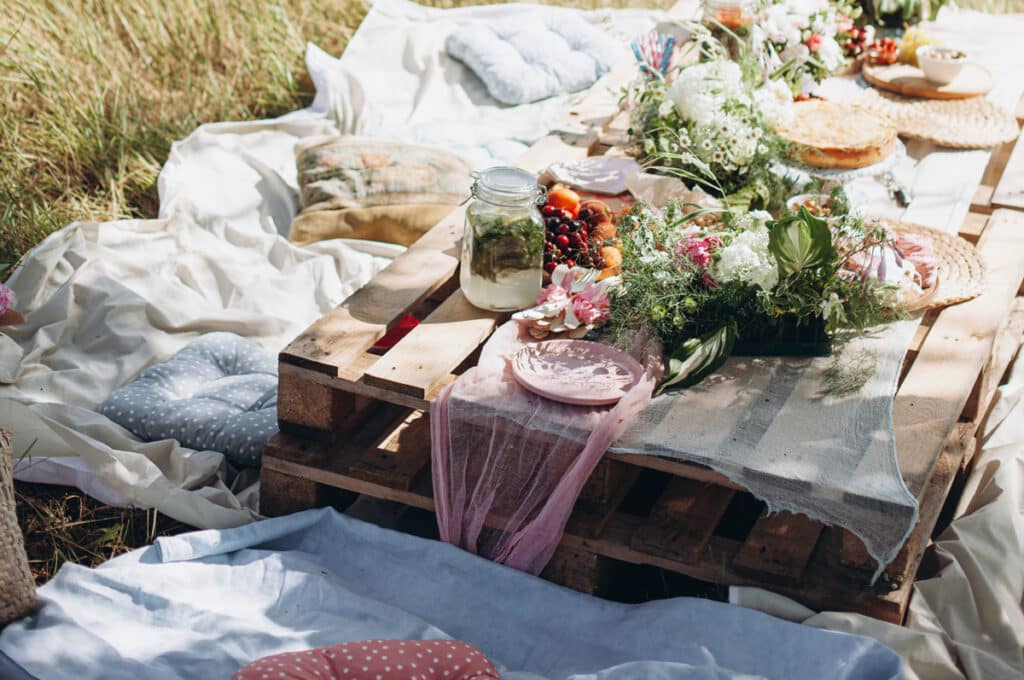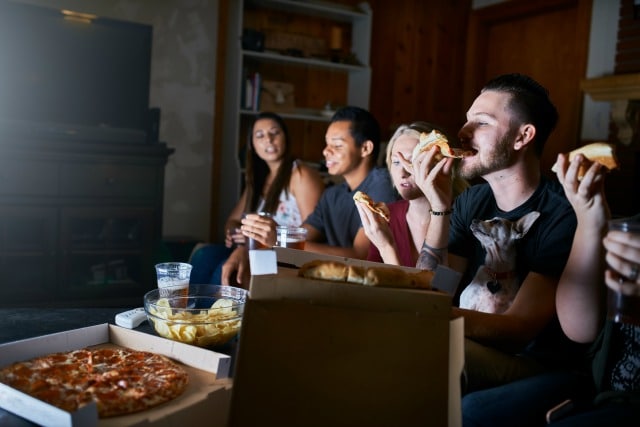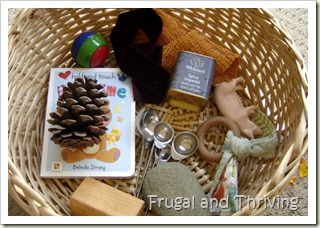How to Stay the Fun Friend While Socialising on a Budget
This website may earn commissions from purchases made through links in this post.
Socialising with friends is essential for living the good life. But it can get expensive. Here are some tips for socialising on a budget.
Being social is essential for a thriving life.
In an interview on the Intelligence2 podcast, Thomas Friedman shares an anecdote where he asks a head surgeon what the most common cause of death is.
He expected the answer to be heart disease or cancer.
Instead, the surgeon’s answer surprised him.
“Loneliness,” the surgeon replied, “is the most common cause of death.”
As Aristotle famously said, we’re social animals.
Life is meant to be shared.
But…
Socialising can be expensive.
Cafe rendezvous, after-work drinks, restaurant dining, shopping dates, night-clubbing, movies, concerts, destination weddings…catching up with friends can take a fair chunk out of your budget.
If you’re trying to save money, pay off debt, or reduce your spending, socialising can be a big spanner in your budget.
So how do you stay frugal and socialise too? Here are four ways to cut your social budget and keep your friends.
1. Be honest with your friends about your finances
Be upfront with your friends if you’re turning over a frugal leaf. Real friends will be supportive rather than excluding. They may just breathe a sigh of relief and join you in your efforts to save money.
The effort to keep up appearances in the face of financial struggle is an unnecessary pressure we put on ourselves because we fear our peers will judge us. But more often than not, the people around us are also struggling to keep up appearances.
If you’re worried about them judging you for being frugal, give them a reason why you want to save money. Even the most spendthrift can relate to and appreciate the desire to save for a holiday or a house deposit.
But what if your friends don’t support your desire to save money?
In the tips below, I suggest becoming the entertainment organiser of your group so you can suggest free and low-cost ways to socialise (there are also tips for doing the same activities you usually do, but for less).
And if that doesn’t work?
It can be tough if your friends don’t want to adjust to support your goals. And it’s no fun to be excluded.
However, it might be the signal you need to branch out and meet new people. Volunteering is a great way to do this. Honestly, it can be good for your soul to find new people with whom you fit.
Be honest and upfront, and then march to the beat of your own drum. Real friends will respect you and support your financial choices.
2. Budget for your social life
If socialising is important to our health and well-being (which it is; the pandemic showed us just how important), then it’s worth making ‘socialising’ a category in your budget and allocating funds for it.
When we put aside money just for socialising, we can go out and have fun guilt-free. How much you put aside will depend on your budget and your other goals.
To stick to your budget, a prepaid card just for socialising or using cash is a good idea. That way, you’re not tempted to overspend.
3. Suggest fun, frugal social alternatives to expensive socialising

Frugal is fun. All the best times I’ve ever had with friends – all the best memories I’ve ever created – have been cost-free or low-cost.
If your non-frugal friends like to spend big when socialising, take the lead and suggest alternate activities that are inexpensive.
For example, ask friends around for dinner before they suggest a restaurant, find a free gig or concert to enjoy, or suggest a picnic or a bushwalk as something a little different.
Other ideas include:
- go op-shopping together
- visit the farmer’s markets
- go for a bush walk or just a walk through the city
- exercise together
- hang out at home
- have a craft day
- go to the beach
- go window shopping
- enjoy a late-night ice cream
- have a movie night
- host an at-home wine-tasting event.
- go camping
You can be casual about this – you don’t need to mention that these suggestions are ‘frugal’. You can say you want to try new experiences and be more adventurous. No one wants to be known as unadventurous.
You don’t need to give up your more costly social activities altogether. Alternate them with low-cost ones to save money.
For example, alternate between dining at a restaurant and dining at home. Suggest a progressive dinner, where every course is at a different house, or a potluck meal to spread the cost of entertaining.
By reducing the frequency of dining out, you save money and make the experience more memorable – something to anticipate and savour – when you do go out.
4. Be choosey about what social activities you attend

If you have many social activities coming up – the lead-up to Christmas is a hectic time for socialising – it’s ok to say no to some, especially ones you’re not really looking forward to.
When money is tight, it’s not fun spending your limited funds on activities you’re not going to enjoy.
We’ve all been there – an expensive but crappy dinner to celebrate someone you’re not that close to…and the regret that comes afterwards.
It’s ok to say no so you can get full enjoyment from what you do choose to spend money on.
5. Find ways to spend less money on going out

Maybe you don’t want to ditch your regular social outings. Maybe you enjoy them, your friends don’t want to change, and you want to stay part of the group.
Then the key to balancing your social life and your budget is to find ways to enjoy your regular activities for less.
Saving When Dining Out
If dining out is your social thing, here are some ways to reduce the cost:
- look for restaurants with cheap nights, meal deals, and specials
- dine out during the week instead of the weekend
- look at the menu and plan what you’ll eat before you go
- order an entree-size dish or a main and water
- go to a BYO bottle restaurant where you can share
- use discount codes or Groupon
- meet for coffee, brunch, or lunch instead of dinner
- share a dessert
Saving Money at the Cinema
Fondly known as ‘cheap-arse Tuesday’ here in Australia, Tuesday is the day you can get discount tickets at the movies, making it the perfect night to catch the latest release. Finish the night with ice cream, hot chocolate or coffee, and you have a relatively cheap night out.
Other ways to save money at the cinema include:
- go online to get cheap tickets through NRMA, RACQ etc.
- eat at home beforehand or take your own snacks
- join the membership club to get cheap tickets and collect points towards a free movie
Saving Money at Concerts
Concerts can be expensive. The last time one of my favourite artists came to Australia, tickets were selling for $700. That was pre-pandemic, and he’s not even that well known.
My number one concert-saving tip is to be selective about which concerts you attend. If you’re not a super-fan of the artist, then there’s no point dropping hundreds of dollars to attend their concert. Other money-saving tips include:
- if there’s a fan club, sign up to see if they offer fan discounts or pre-sale discounts
- become a Ticketmaster member for pre-sale offers
- look for last-minute ticket deals
- compare prices between venues – it might be cheaper to go to a different concert
- buy tickets for cheaper sections – i.e., sit at the back (the back can be a unique experience in itself)
- use cashback sites for a rebate
- use a website like TicketIQ to look for tickets from resellers
- eat and drink before you go
- take a prepaid card and space out your drinks, or just drink water
Save Money on a Night Out on the Town
With entry fees and overpriced drinks, a night out on the town can add up. Here are some tips to save money:
- Use a pre-paid card just for going out and leave the credit cards at home. Top it up with your budgeted amount. Some have an app that will alert you when your funds are running out.
- Eat and have a drink before you go out
- Alternate alcohol with a non-alcoholic beverage
- Avoid rounds
- Arrive early to skip the entry fees
- If safe to do so, take public transport
- Carpool if you have a designated driver, or share an Uber
- Have an exit strategy if the night is dragging on
- Have easy food at home for when you return with the munchies
- Have a few basic going-out outfits and switch them up with accessories
- Look out for happy hour near you – the Happiest Hour App (Australian) can help you find deals near you.
Saving Money on Experiences
Weekends away, a day at the spa or the football, the races, shopping, boutique art cooking or dance classes, concerts – all these social events can add up.
Save money by:
- being selective about what you do and don’t do
- look for discounts on Groupon or other similar websites
- go along to support instead of participating (i.e. watch the dance class) or meet up afterwards to hear all about it
The most difficult experiences to navigate on a budget are celebration experiences like destination weddings or birthday vacations, especially if they are for someone important in your life, like family or best friends.
You don’t want to miss your best friend’s wedding, but where do you find the cash to pay for a week in Mauritius?
How do you balance your budget and a Bali birthday?
- plan and put a little money aside each week for these kinds of events
- be picky about what you attend – if you can’t afford it, you can’t afford it but consider whether future you will regret not going
- share accommodation and costs with others
- see if you can negotiate cheaper options (for example, cheaper accommodation or meals on a weekend getaway)
- get a group gift to save money (but only if the group doesn’t have expensive tastes)
- travel at cheap times to get there and home
- eat in to save on meal costs
- buy discount or second-hand outfits for the event or wear what you already have
You know this already: you don’t need to spend money to have fun.
Fun rarely has anything to do with how much you spend. It’s more about the company you share and your attitude to life. Lead by example, and your friends will be thankful that they can save some of their own money.








‘If you’re trying to save money, pay off debt or just reduce your spending, socialising can be one big spanner in the budgeting works.’
So true, Melissa! One of my work colleagues has to budget in advance if she wants to go to a birthday or a night out.
Thankfully a lot of my friends have caught the frugal bug. I’ve been swapping baked goods with one particular frugal friend; it gives us an opportunity to catch up (and pig out).
My best friend and I now have swapped coffee shop coffee form home brewed coffee, we share 2 menu items at our local cafe and we share the cost of family dinner get togethers. We are both trying to be frugal, but still social.
I used to go grocery shopping with my friend so we could catch up whilst doing chores, but I always spend more, as I find I don’t concentrate on the task, I’m busy chatting. So now grocery shopping is a solo job for me. I also spend more if my boyfriend is there…. chocolates, flavoured milk, biscuits, corn chips…all the things I normally show restraint for go out the window when he suggests them.
It certainly makes it easier if you have frugal friends, or they jump on the bandwagon with you. I have a friend who is very supportive (and she reads this blog ;) ), she often suggests a walk in the park rather than a coffee out but as it’s the only time I go out for coffee and we only catch up once every couple of months – I’m the one that suggests coffee and cake.
Cara, I think it’s a man thing (male readers can correct me here :) ). My DH is the same, if I send him shopping he comes home with junk I would never buy (and would prefer not to eat, but I just don’t seem to have the will power if he’s munching on it…)
For quite some time now me and my friends nave been mainly socialising by inviting each other around for dinner. It’s cheap and very relaxed and it’s fun thinking of things to cook each other. A meal for four or even six people at home, with a couple of bottles of cheap wine, costs so little compared to eating out and has the advantage of variety – we never know what each of us will have taken a fancy to cooking when we meet for a meal. And sometimes we all cook something and have a buffet. I think even friends who aren’t on a frugal drive would enjoy the novelty of it if they’re used to eating out a lot.
Hi Laura, I agree, meals shared at home are appealing to frugal and non-frugal people and such an enjoyable relaxing evening. Coming from someone who can’t hear a thing in noisy restaurants, I much prefer home dining.